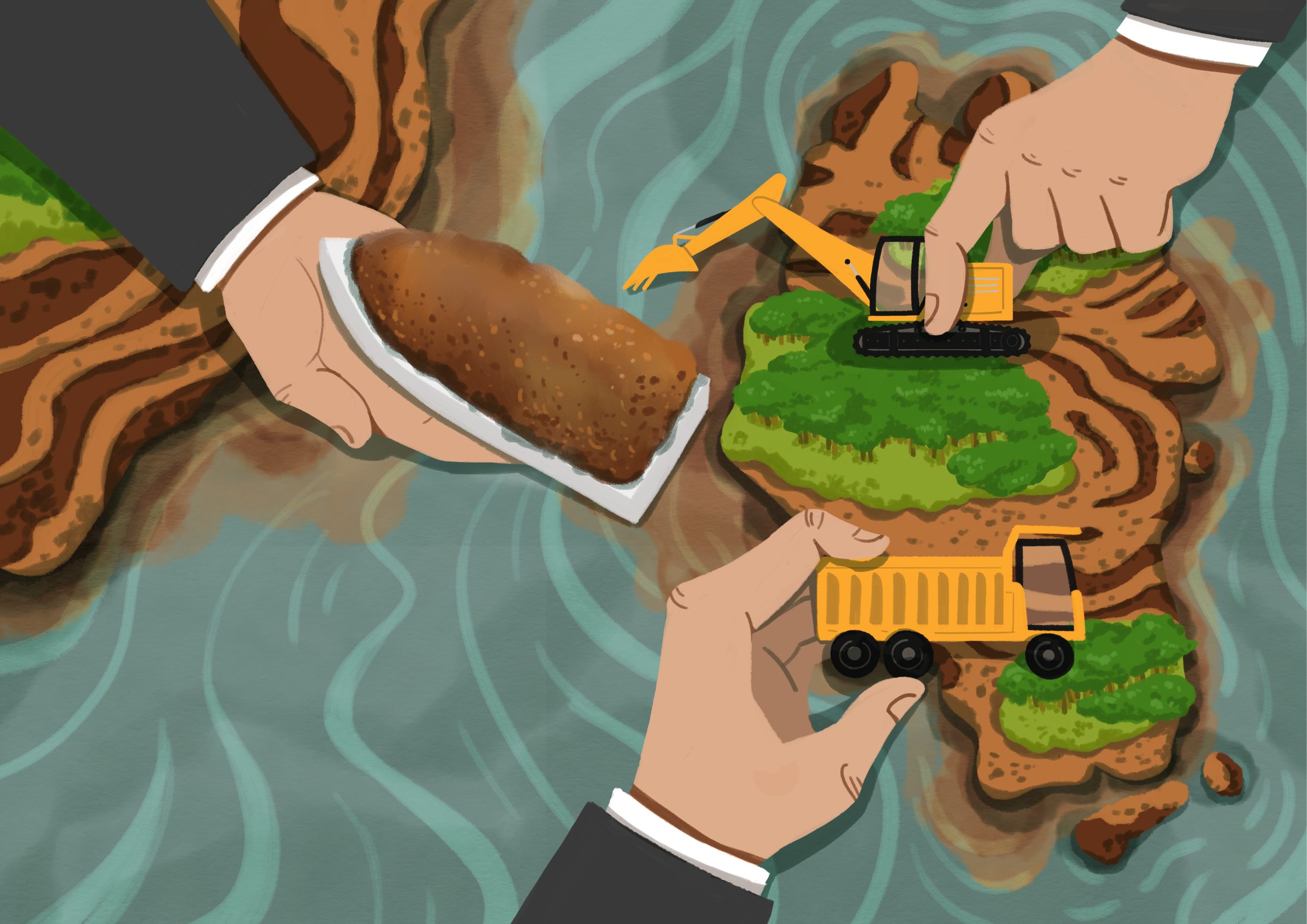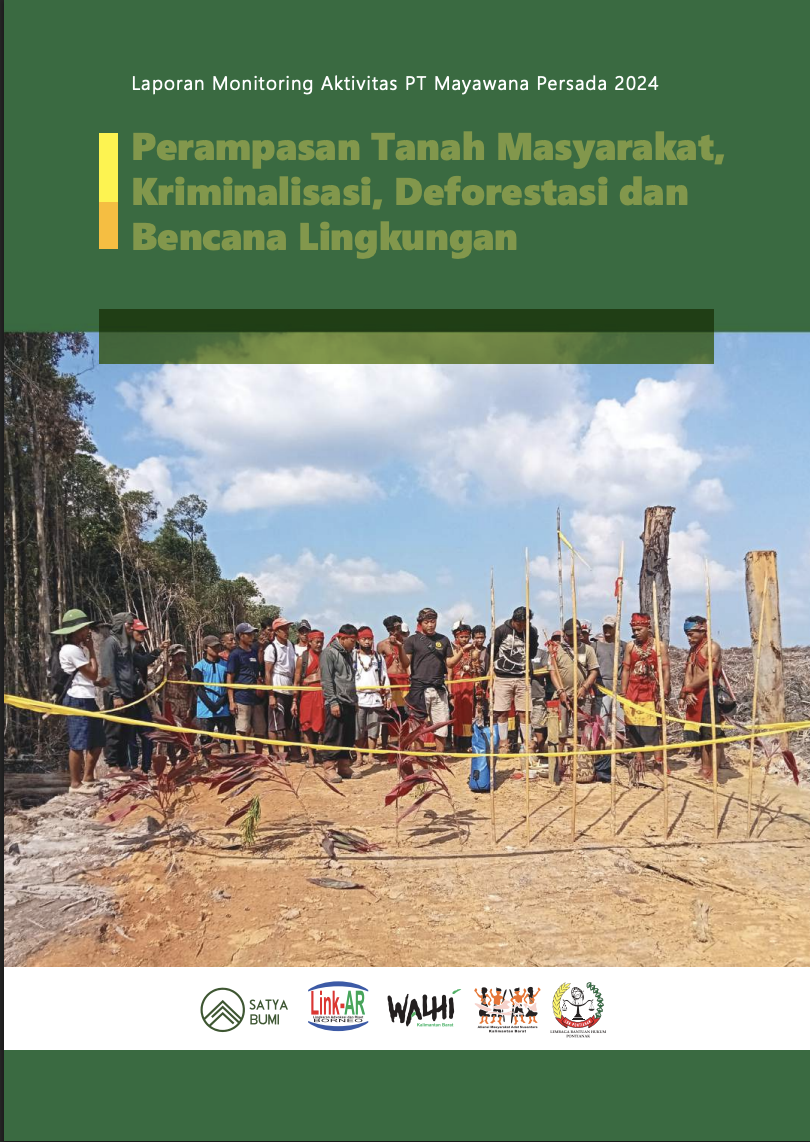The ambition of Joko Widodo’s government to boost nickel downstreaming continues to be a blight, especially for small islands with abundant nickel reserves. One of them is Kabaena, a small island at the tip of Southeast Sulawesi. Currently, around 73 percent or 650 km² of the total 891 km² area of Kabaena has been filled with dozens of mining business licenses (IUP). Kabaena is constitutionally safeguarded by Law Number 1 of 2014 on the Management of Coastal Areas and Small Islands (Law No. 1/2014), which explicitly prohibits mining activities on small islands that have an area of less than 2,000 km².
In Kabaena, this prohibition is undoubtedly brushed aside. The presence of nickel mines dominates the island, resulting in deforestation, marine pollution, and significant impacts on the livelihoods of the local population, particularly the indigenous Bajau community, who face environmental degradation, and river and sea water contamination. For years, there has been a concerted effort to advocate for ecological justice through organized protests and formal compensation claims directed at both the local government and the companies holding concessions. Tragically, the problem is still taken lightly. The interplay between political interests and mining concession permits in Kabaena has significantly impacted the mining business environment in the region.









